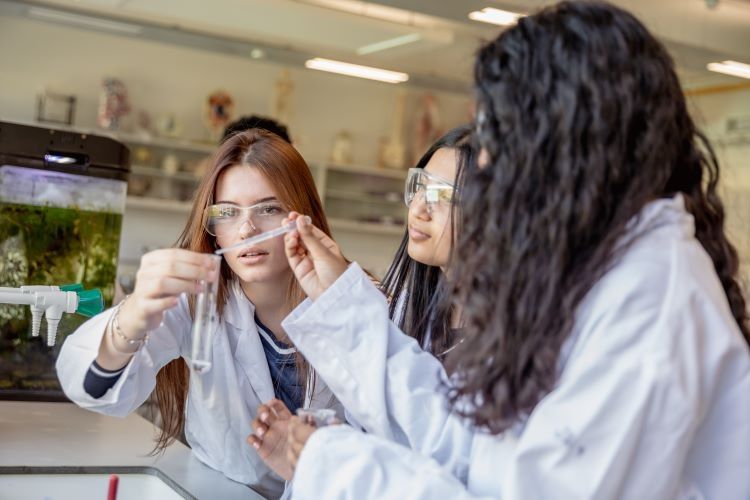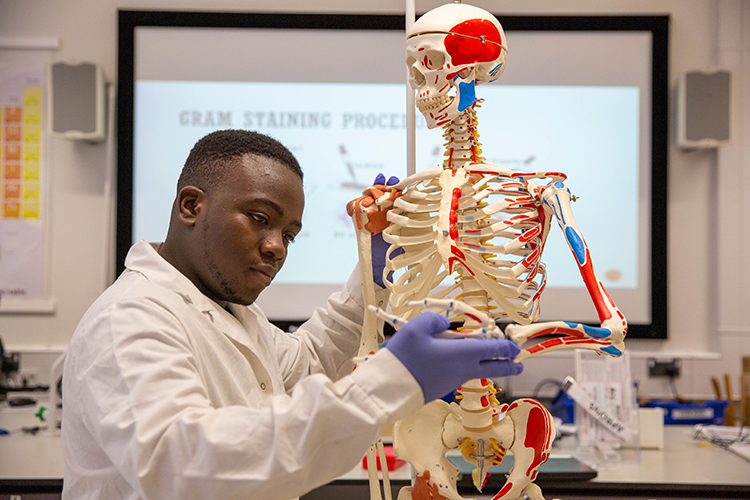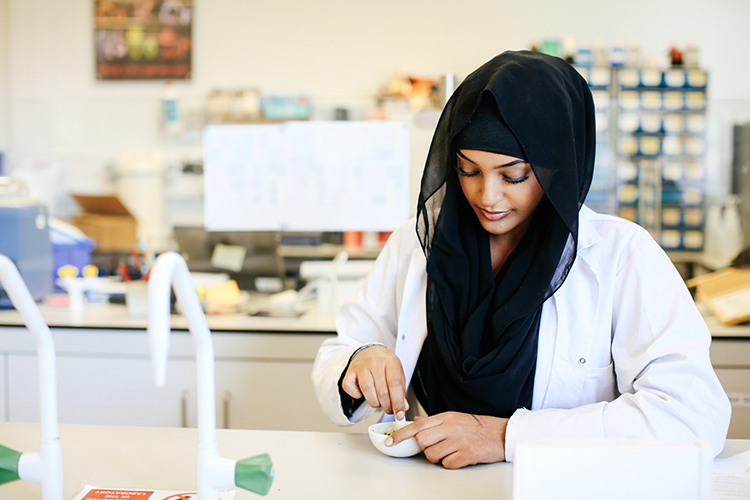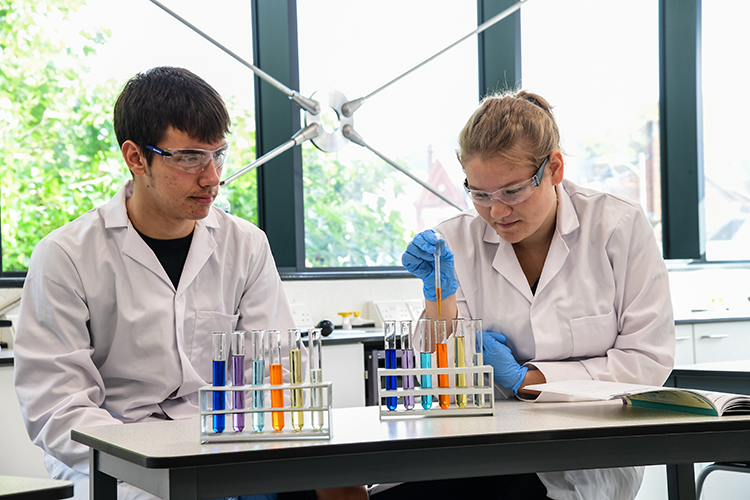Science shapes the future — and so can you. This applied science course is your launchpad into a world of innovation, discovery, and real-world impact. Blending natural and social sciences, you’ll gain both the theoretical foundation and hands-on experience needed to thrive in today’s most exciting and evolving industries — from healthcare and environmental science to biotechnology and beyond.
But it’s not just about science — it’s about standing out. You’ll sharpen your analytical thinking, master data interpretation, and develop the confidence to present your findings with clarity and professionalism. These are the skills that employers demand — and the ones that will set you apart in a competitive job market.
-
Entry Criteria
4 GCSEs (9-4) including English Language, Maths and Science
-
What will I study?
Modules include:
- Principles and Applications of Science - learn some of the key science concepts in biology, chemistry and physics
- Practical Scientific Procedures and Techniques – be introduced to quantitative laboratory techniques, calibration, chromatography, calorimetry and laboratory safety, which are relevant to the chemical and life science industries
- Science Investigation Skills - understand the stages involved and the skills needed in planning a scientific investigation: how to record, interpret, draw scientific conclusions and evaluate
- Laboratory Techniques and their Application - learn the importance of health and safety in work place laboratories, how data is stored and communicated and how organic liquids and solids are made and tested industrially
- Principles and Applications of Science II - build on and extend the range of key science concepts in biology, chemistry and physics
- Investigative Project - gain an understanding and the skills required to undertake an investigative project
- Human Regulation and Reproduction - understand the importance of the regulation of body fluids in the human body and understand the organisation and function of the nervous system and homeostatic mechanism
- Genetics and Genetic Engineering - understand the process of protein synthesis and be able to investigate the process of cell division in eukaryotic cells
-
Future Prospects
After completing this course, you can progress onto an Extended Degree through College or a BA Honours Degree in a related area. This course will open the doors to a variety of courses, including:






